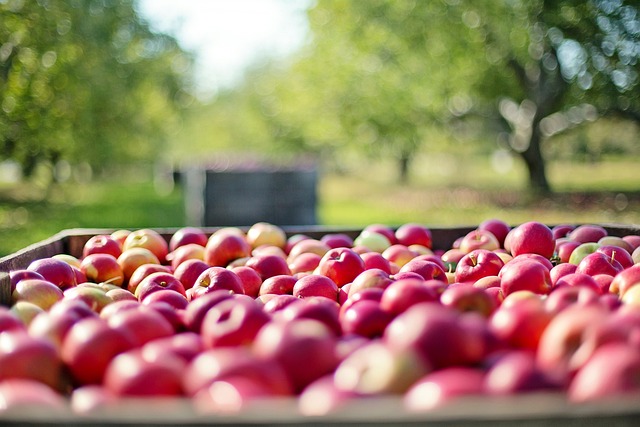Beyond Yogurt: Exploring Unexpected Sources of Probiotics for Optimal Health
Probiotics have gained significant attention in recent years for their potential health benefits. They are live bacteria and yeasts that are good for our body, especially our digestive system. While many people associate probiotics with yogurt, there are actually numerous other unexpected sources of these beneficial microorganisms that can contribute to optimal health. In this article, we will explore some of these lesser-known sources, allowing you to diversify your probiotic intake.
Kefir
Kefir is a fermented milk drink that has been consumed for centuries. Originating from the Caucasus Mountains, this tangy, creamy beverage is teeming with probiotics. The fermentation process begins with kefir grains, which are a combination of bacteria and yeast that resemble small cauliflower florets. These grains initiate the fermentation process when added to milk, resulting in a probiotic-rich drink.
Various strains of beneficial bacteria, including Lactobacillus kefiri, populate kefir. Studies suggest that consuming kefir may help regulate digestion, boost immune function, and even alleviate certain gastrointestinal disorders. If you are looking to expand your probiotic repertoire, kefir is an excellent option to consider.
Sauerkraut
While sauerkraut is primarily known as a traditional German side dish made from fermented cabbage, it is also an unexpectedly abundant source of probiotics. When cabbage is fermented with salt, beneficial bacteria like Lactobacillus populate the mixture, enhancing its nutritional profile and taste.
Probiotic-rich sauerkraut offers numerous health benefits, including improved digestion, increased vitamin C content, and potential immune system stimulation. Just make sure to choose unpasteurized sauerkraut, as pasteurization kills the beneficial bacteria that are essential for reaping the probiotic benefits.
Miso
Hailing from Japan, miso is a traditional fermented paste made from soybeans, rice, or barley. It is commonly used to add flavor to soups and other dishes. Miso production involves the fermentation of soybeans with the fungus Aspergillus oryzae, resulting in a nutrient-rich product packed with probiotics.
The probiotics present in miso include various strains of Lactobacillus and Bifidobacterium, known for their beneficial effects on gut health. Additionally, miso contains antioxidants, vitamins, and minerals, providing a wide range of advantages when incorporated into a balanced diet.
Kimchi
Kimchi, a staple in Korean cuisine, is a flavorful fermented vegetable dish that offers a multitude of probiotic benefits. Cabbage, radishes, and other vegetables are mixed with garlic, ginger, chili peppers, and various seasonings. The mixture is then left to ferment, allowing the growth of lactic acid bacteria.
The lactic acid bacteria present in kimchi aid in digestion, promote healthy gut flora, and possibly provide protection against harmful bacteria. Additionally, like other fermented foods, kimchi may have anti-inflammatory properties and potentially even assist in weight management.
Tempeh
Tempeh is a protein-rich fermented soybean product originating from Indonesia. Its production involves the fermentation of soybeans with the help of the fungus Rhizopus oligosporus or Rhizopus oryzae. Unlike other soy-based products, tempeh retains the whole soybean, resulting in a unique texture and flavor.
The fermentation process not only increases the bioavailability of nutrients like protein and fiber but also introduces probiotic bacteria to tempeh. These probiotics can contribute to a healthy gut microflora and support overall digestive health. Tempeh is also a good source of vitamin B12.
Conclusion
While yogurt is a popular and well-known source of probiotics, there are many other options available to enhance your gut health and overall well-being. Incorporating diverse probiotic-rich foods such as kefir, sauerkraut, miso, kimchi, and tempeh into your diet can provide a range of benefits beyond digestion, including potential immune system support, improved nutrient absorption, and even mental health benefits. So, venture beyond yogurt and explore these unexpected sources to optimize your probiotic intake and promote a healthier you.







